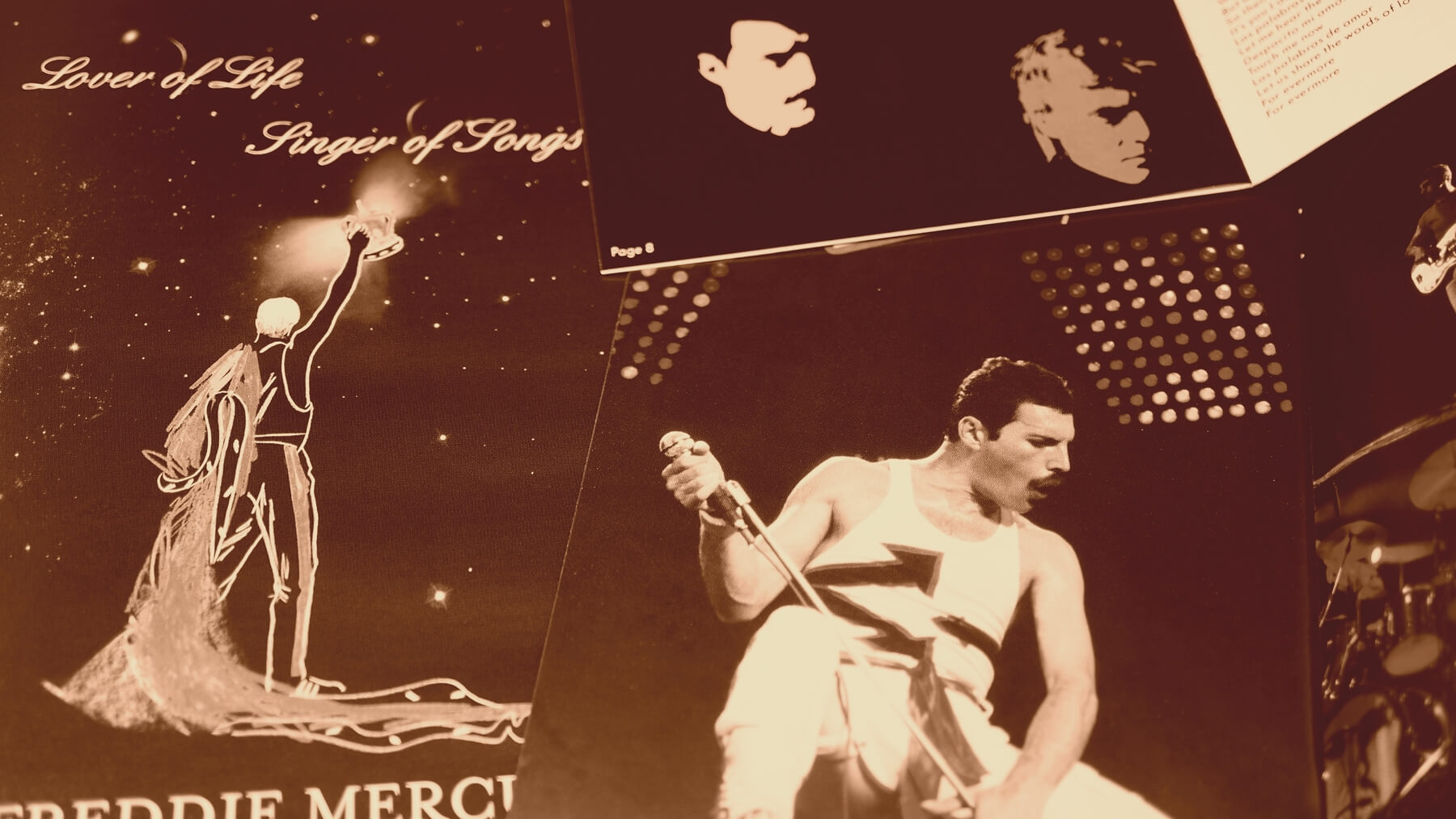This week, my solo episode is about the most valuable music rights in the world. The catalogs for the most legendary artists sell for much higher multiples. Now, more investment firms and record labels want to buy these top-tier catalogs. Let’s dig into the economics. You can listen to the full episode here (it’s under 20 minutes) or read a few highlights below.
What makes a music catalog “iconic”?
Sony Music made headlines in 2024 with two massive acquisitions: £1 billion (about $1.27 billion USD) for Queen's catalog and $600 million for 50% of Michael Jackson's masters and publishing. In 2025, Sony Music Publishing acquired Hipgnosis Songs Group and rebranded it as Recognition. Warner Music Group just launched a joint venture with Bain Capital to allow for the purchase of $1.2 billion for “legendary” music catalogs.
More major record labels and investment firms want more music rights, but not just any rights. They want the rights for the biggest artists in the history of music.
I like to put music catalog deals in two broad categories:
1. The pure financial plays. These royalties are true annuities. The income is predictable, and the risk is easy to model. What you see is what you get unless there's a rare, lightning-in-a-bottle moment, like Kate Bush's "Running Up That Hill" needle drop in Stranger Things—which reportedly boosted her streaming numbers by over 8,000%—the catalog's performance likely won't change.
2. The upside plays. These also operate financially like annuities, but there's a chance to take them to another level. The more popular the artist, the more likely it is that their brand can be elevated through multimedia properties.
Yet within those upside plays, there are still levels to this.
Shot Tower Capital, an investment bank that focuses on music, refers to "iconic" transactions as catalogs of musicians that sell at valuations well in excess of market norms. While typical catalog deals trade at 10-20x annual revenue multiples, Shot Tower doesn't disclose the names of those iconic catalogs, but we can assume that Queen and Michael Jackson are in that group, given the dollar amounts they reportedly traded for in early 2024.
I talked to Rob Law, co-founder and partner at Shot Tower Capital, who said that iconic catalogs trade at "premiums of 50% plus versus prevailing market."
It's easy to wonder if Sony overpaid for Queen. Bohemian Rhapsody had already been a massively successful and recent biopic, and Queen fans aren't getting any younger. That said, what if this deal looks like a bargain in the future?
The streaming era has created a Lindy effect in music for certain acts. The success of the 2018 Queen movie isn't a sign that the opportunity has passed. It's arguably a stronger signal that the material can be revisited in some form. Could Queen ever have an ABBA Voyage-style experience? Or a recreation of Freddie Mercury's Live Aid performance at The Sphere? Who knows what's next, but whatever it is will have more validation than ever, given the track record.
"The Queen biopic was a monster and became the gold standard for everybody else in the industry in terms of biopics and related uplift and music," said Rob Law.
Another advantage with Sony Music's Queen deal is that all the music rights assets came together: masters, publishing, distribution, name, image, and likeness, it's all there. For many legendary artists like Stevie Wonder, Michael Jackson, and The Beatles, their rights are scattered across various stakeholders who often don't see eye-to-eye.
Netflix's Prince documentary is a perfect example of the challenges. There was a finished, nine-part docu-series by Academy Award-winning filmmaker Ezra Edelman. But due to disputes with Prince's estate that stemmed from how the controversial parts of Prince's past are presented, the completed series was scrapped.
These iconic catalogs in music are like legendary sports franchises. The Los Angeles Lakers, Real Madrid, Dallas Cowboys, and New York Yankees. They are assets even among a limited group of peers. This is how to think about the music of artists like Michael Jackson and Queen. It's all even more valuable when all the assets are together under the same roof. It's like owning the sports team, arena, real estate, and sports network all in one bundle.
Listen here: Spotify | Apple Podcasts | Overcast
Chartmetric Stat of the Week - Queen and Adele
There’s more to a catalog’s value than its current streams! Both Queen and Adele have a similar number of Spotify total streams (26.3 billion and 25.4 billion, respectively) and daily streams (8.2 million and 8.9 million). But Queen put up those numbers with an older catalog that was released before the days of streaming. “Bohemian Rhapsody” turns 50 years old in October this year. Meanwhile, Adele’s catalog is still impressive, but all of her songs are less than 20 years old, and her recent music was released on streaming platforms.


.avif)






